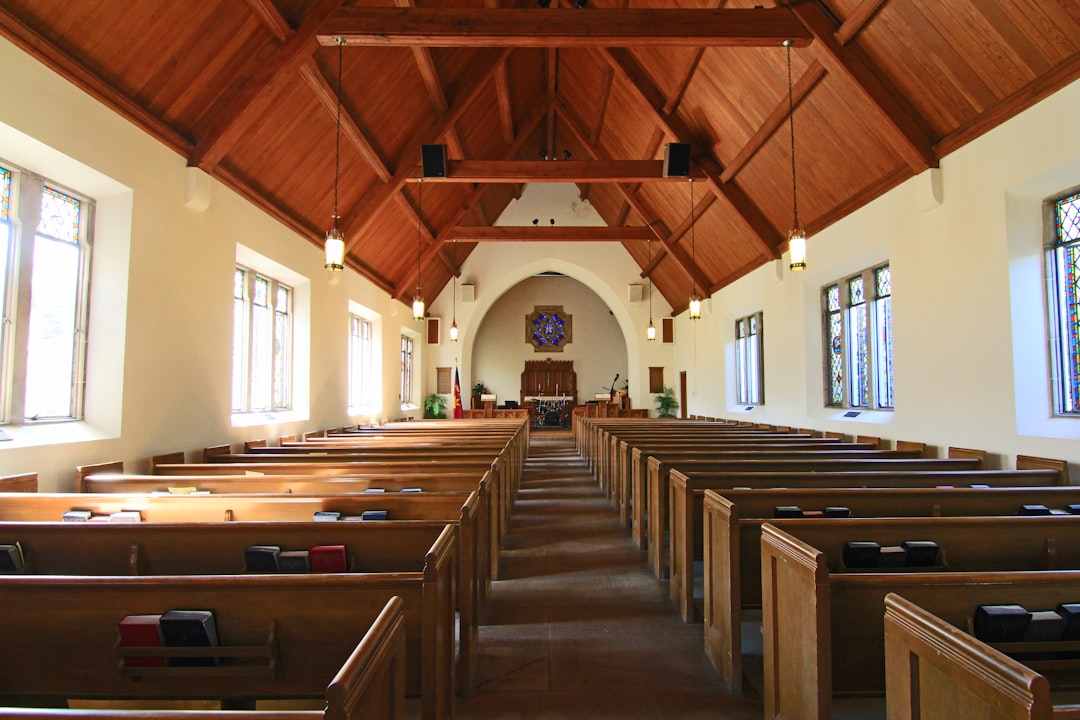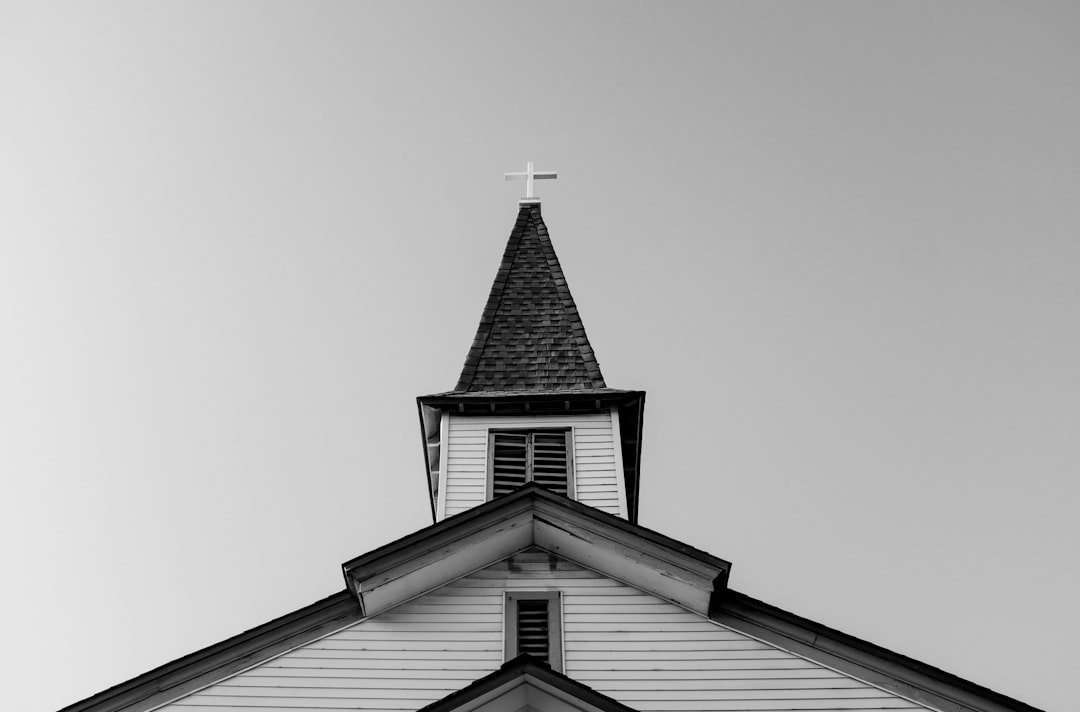In Florida, clergy abuse victims face complex legal challenges due to unique power dynamics and religious institutions' involvement. Specialized clergy abuse attorneys leverage expertise in state laws and ecclesiastical dynamics to navigate statutes of limitations and advocate for victims' rights. They employ strategic investigations, expert consultations, and empathetic communication to build strong cases while empowering clients throughout the process. These attorneys are crucial in achieving justice for survivors of clergy abuse in Florida.
In Florida, addressing clergy abuse is a critical matter. If you’re considering legal action against a Florida clergy member for assault or related misconduct, understanding the state’s unique legal framework is essential. This article delves into effective case strategies employed by top-rated clergy abuse attorneys, offering insights on navigating emotional and legal challenges in these sensitive cases. Discover how these experts approach claims involving clergy abuse in Florida.
Understanding Florida's Legal Framework for Clergy Abuse Cases

In Florida, clergy abuse cases are governed by a specific legal framework that aims to protect victims and ensure justice. These cases often involve complex issues of trust, power dynamics, and religious institutions. Understanding this framework is crucial for anyone considering legal action against a clergy member or institution for abuse.
Florida laws regarding clergy abuse attorneys emphasize the importance of specialized knowledge and experience in handling such sensitive matters. Victims may seek compensation for physical, emotional, and psychological damages through civil lawsuits. Key aspects include statutes of limitations, which set deadlines for filing claims, and specific legal doctrines tailored to address religious institutions’ unique roles. Clergy abuse attorneys in Florida are equipped to navigate these complexities, ensuring victims receive fair treatment and adequate redress within the state’s legal system.
Key Strategies Employed by Top-Rated Clergy Assault Attorneys in Florida

Top-rated clergy assault attorneys in Florida employ several key strategies to navigate complex cases and secure justice for their clients. Firstly, they emphasize building a strong case through meticulous investigation and gathering compelling evidence. This includes interviewing witnesses, reviewing documentary proof, and consulting experts who can provide crucial insights into the psychological and legal aspects of such cases. By thoroughly understanding the facts, these attorneys can identify potential legal avenues and craft persuasive arguments.
Another critical strategy is effective communication with clients. Clergy abuse attorneys in Florida ensure their clients feel heard, respected, and supported throughout the legal process. They maintain open lines of communication, keeping clients informed about case progress and offering clear explanations of legal options and strategies. This builds trust and ensures clients are actively involved in decision-making processes, empowering them to make informed choices regarding their cases.
Navigating the Emotional and Legal Challenges in Clergy Abuse Claims

Navigating the intricate landscape of clergy abuse claims presents a unique set of challenges, both emotionally and legally, for victims and their advocates. In Florida, where the search for justice often begins, individuals who have suffered at the hands of spiritual leaders face a complex path to healing and redress. The emotional toll is immense, as victims must confront trauma and rebuild their sense of safety and trust. This process requires sensitivity, understanding, and specialized support from those who can guide them through the legal complexities.
Clergy abuse attorneys in Florida play a pivotal role in empowering survivors to take action. They offer expertise in navigating institutional policies, religious doctrines, and potential cultural barriers to disclose and pursue claims. These attorneys must possess a deep understanding of both state laws governing sexual misconduct and the unique dynamics inherent in ecclesiastical settings. Through strategic legal maneuvers, they advocate for their clients’ rights, ensuring that justice is not only sought but also achieved in cases involving clergy abuse.






